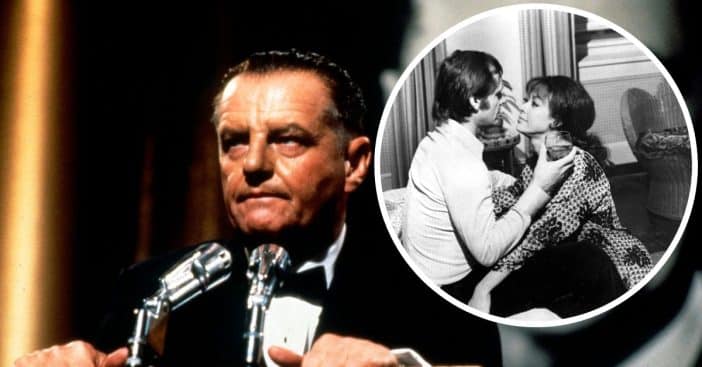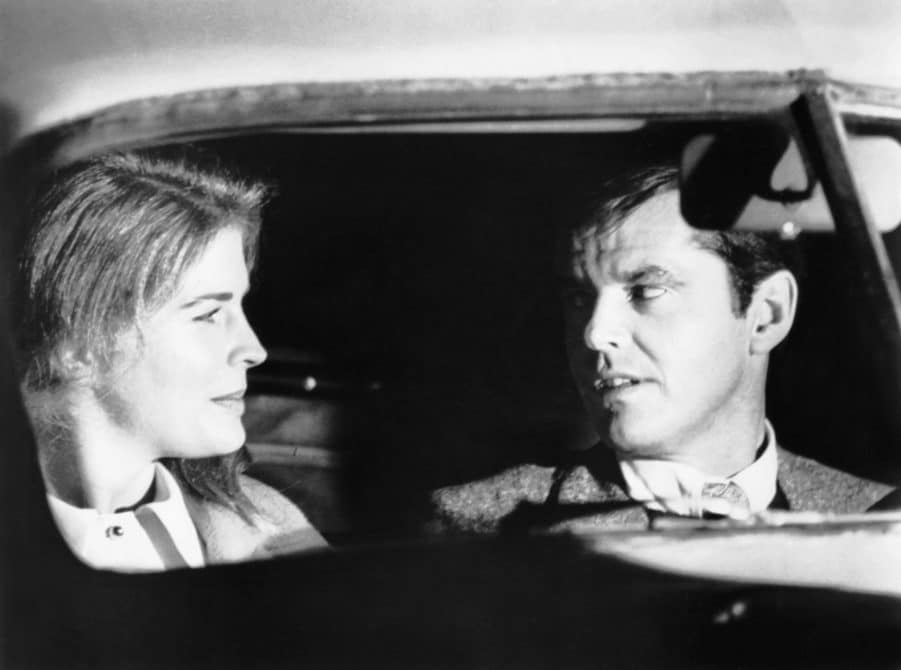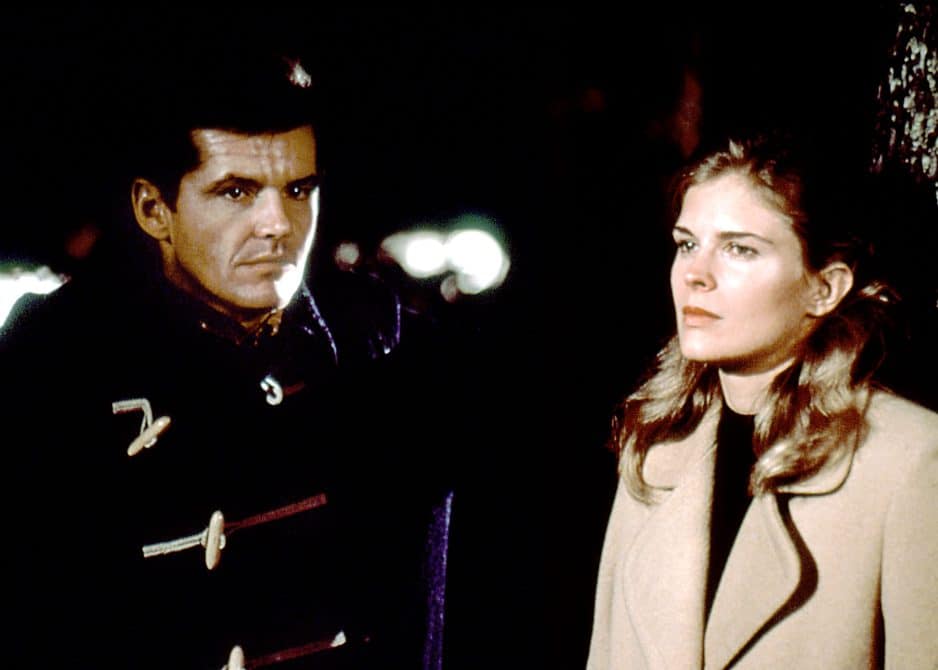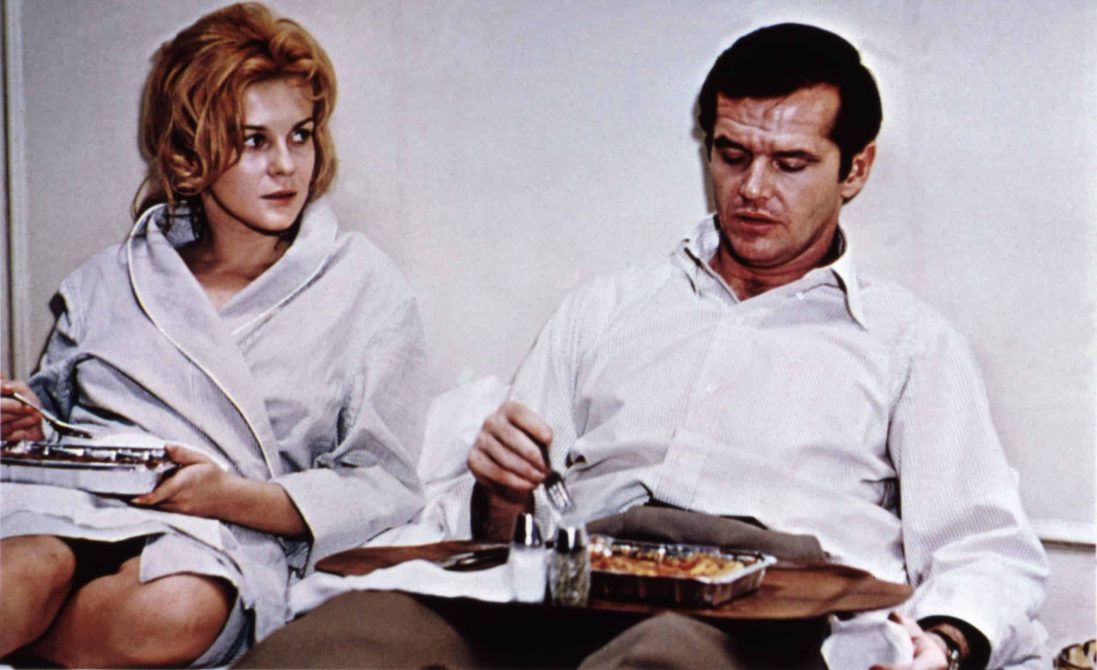
Censorship was a big deal in the early-to-mid years of Hollywood productions, and many films tried to push the boundaries, including Carnal Knowledge, which was so risqué that the Government got involved. The 1971 social drama is considered one of director Mike Nichols’ best works.
The one-hour-plus movie featuring Jack Nicholson and Art Garfunkel had graphic sexual content and even lewd scenes that were taken out. “Jack had some nude scenes. They’re not in the film anymore, but they were hilarious,” Mike said in 2011.
Why was ‘Carnal Knowledge’ banned?

Conservative critics considered the movie to be pornographic and would push for its ban. Media outlets refused to advertise or list showtimes, and in 1972 the police once raided a theater and seized prints of the film, after which they arrested the manager, Mr. Jenkins, for “distributing obscene material.”
RELATED: Ann-Margret Talks About Dean Martin, Elvis Presley, & Her Secret Souvenir From ‘Viva Las Vegas’
The Directors Guild of America and the Motion Picture Association of America appealed to the Supreme Court, which condemned the Georgia courts’ action and reversed Mr. Jenkins’ conviction in 1974. The Court stated that “nudity alone is not enough to make material legally obscene” and that Carnal Knowledge did not “depict sexual conduct in a patently offensive way.”

The legal battle was a blessing in disguise
Court statements further emphasized that Carnal Knowledge was purely artistic and could not be regarded as a “public portrayal of hard core sexual conduct for its own sake, and for the ensuing commercial gain that we said was punishable.” The marketing team for AVCO Embassy— the distributing company took advantage of the ruling to promote viewership.

Thanks to incidents like this, censorship is less of a problem today as the outcome established a precedent that protected Hollywood from subjective values. Mike went further to direct more controversial masterpieces like Birdcage in the mid-90s, which put the spotlight on the LGBTQ+ community. His final work, Charlie Wilson’s War, portrayed how the United States supported international military campaigns with weapons and other necessities.
